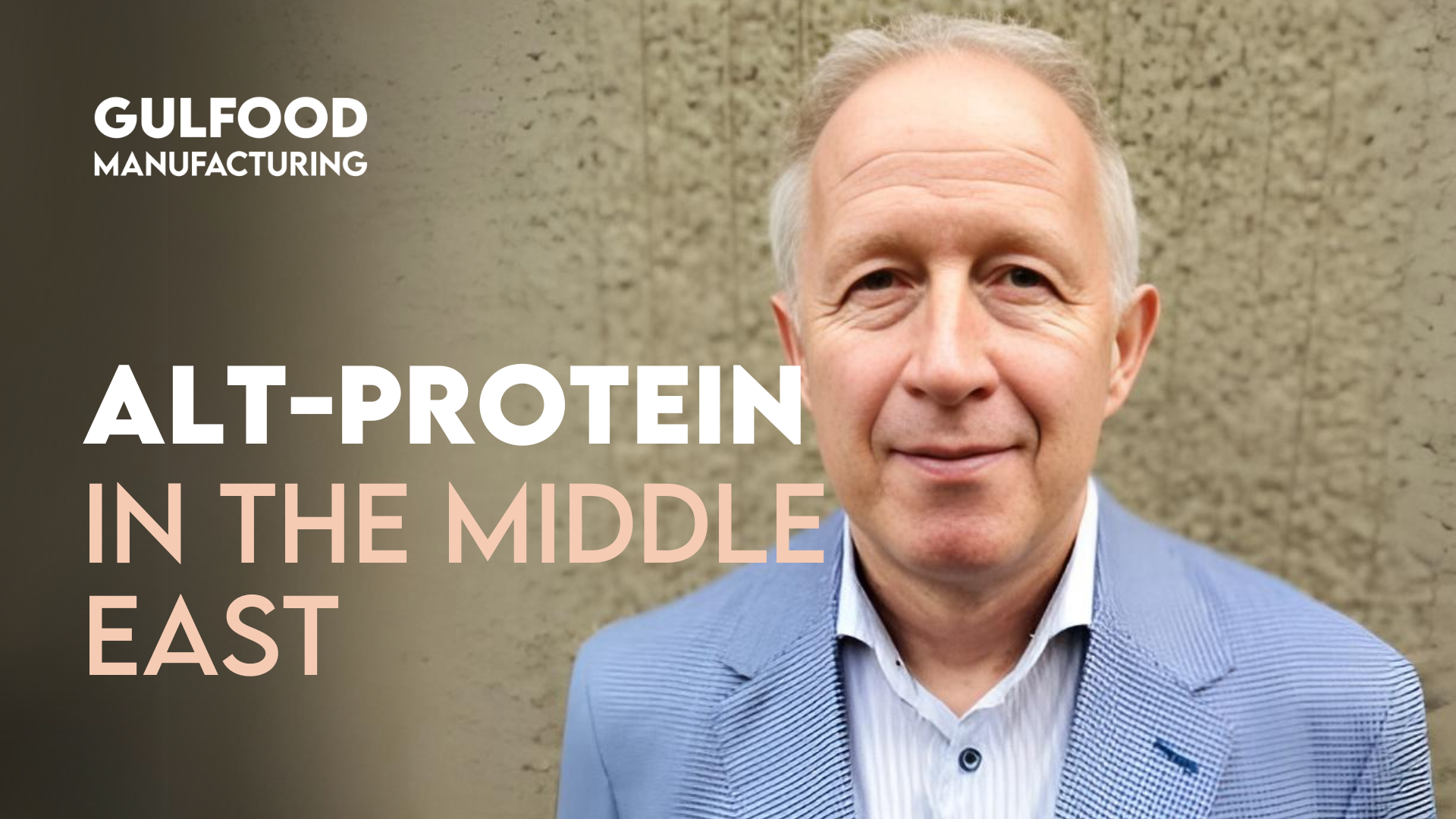Alt-Protein In The Middle East

Written By Karsten Schellhas
In 2022 and 2023 I have been supporting a plant-based start-up in the United Arab Emirates. When we in the West hear about the Middle East, what often comes to mind is political conflict and social turmoil. But there is another side to the Middle East. This is especially true when it comes to the UAE. The UAE is the third-richest country in the world and over centuries has been known for its open economy. This increasingly diversified economy is based on tourism, oil, the service industry, real estate, space exploration and research. All these factors attract companies from around the world. This is also evident in the still small — but growing — alternative protein industry. Well-known plant-based companies are on the shelves in the supermarkets. Unfortunately, as in the APAC region, most of them miss the market, as they make products that are not popular in the Middle East.
The alternative protein industry in the Middle East will grow further.
The average age of consumers is 27 years and between 15% and 20% are under the age of 15.
Western alt-protein companies would be wise to have a local contact to learn what kind of products are needed and, most importantly, to build up relationships. It would also be beneficial for equipment manufacturers to have a base — or even better, an innovation centre — in the UAE. This would help them to serve the fast-growing Middle East more effectively.
The alt-protein industry in the Middle East will grow further. The average age of consumers is 27 years and some 15% to 20% are under the age of 15. Millennials and Gen Zs are the most influential consumers now, and they will drive change. For example, it is important to them how their clothes and cosmetics are made, and the environmental footprint of the foods they eat. It seems that the hospitality sector is aware of the coming changes. For example, in major hotels in Dubai, you can find a vegan breakfast section. One hotel, in particular, is pushing it to another level, with six units entirely free of animal products: The rooms have wooden floors instead of wool-based carpets, faux leather furniture, feather-free duvets, plant-based amenities in the bathrooms, a vegan in-room dining menu and minibars that are stocked with almond and oat milk options, as well as a choice of kombuchas. I can imagine that a lot of people are rolling their eyes, but if this vision is successful, then it will trickle down to two, three and four-star hotels in a “lighter version.” The small but growing trend of veganism is confirmed. According to statista.com, the value of meat-substitute products in the UAE is growing annually by 27.19% (CAGR 2023-2027).
Another interesting fact is that the UAE’s burgeoning plant-based food industry is aligned with the UAE’s National Food Security Strategy 2051, which aims to promote food security through sustainable innovation and diversified sources. This year, they continue to celebrate the year of sustainability and the food production in the UAE will continue to be a key pillar toward its goal in achieving food security.
Karsten Schellhas is a meat and alt-protein product consultant with 30+ years of experience in meat processing and operations and alt-protein product development and operations in North America and Europe.
Join us from 5 - 7 November 2024 at the 10th edition of Gulfood Manufacturing and hear from more industry experts like Karsten Schellhas at The Foodtech Summit. Register today.
)
)
)
)
)
)
)
)
)
)
)
)
)
)
)
)
)
)
)
)
)
)
)
)
)
)
)
)
)
